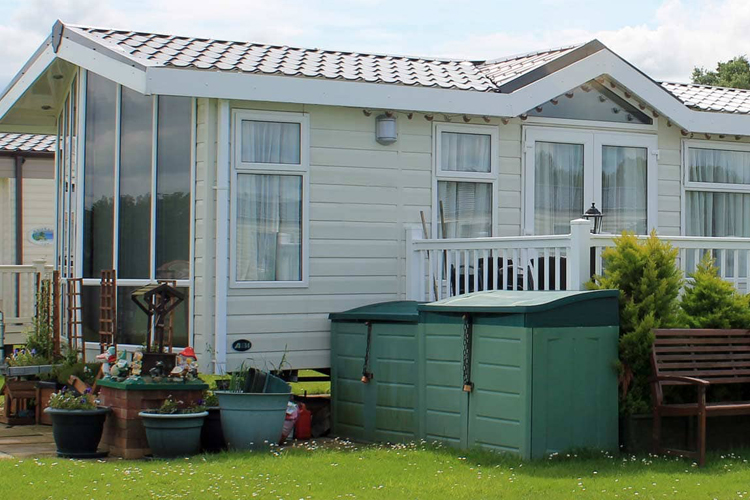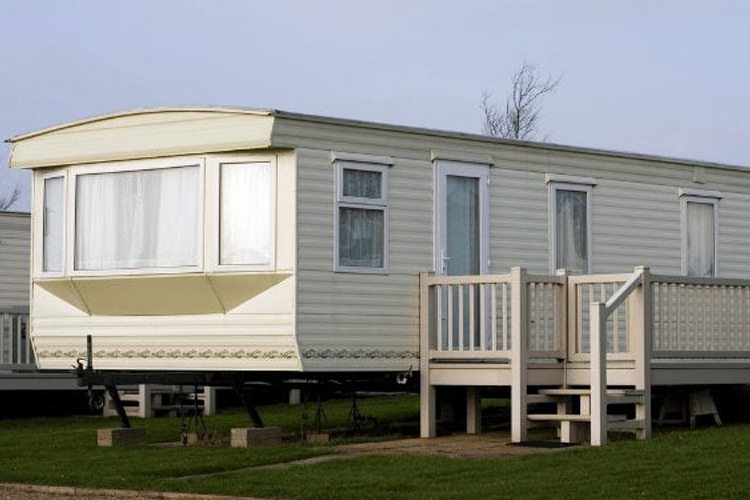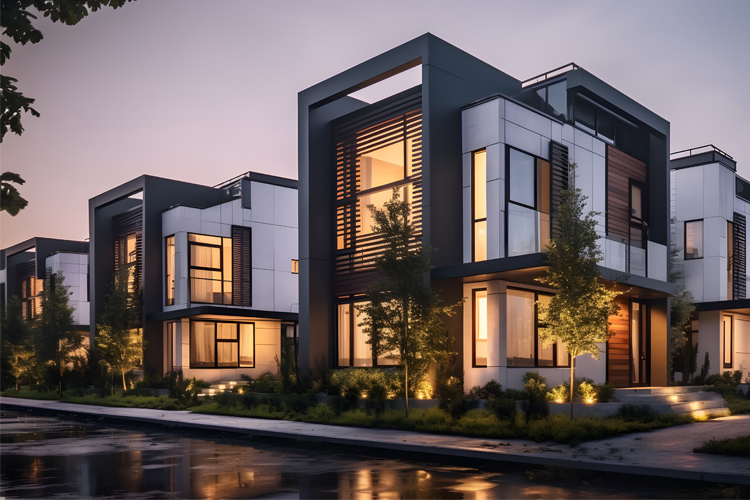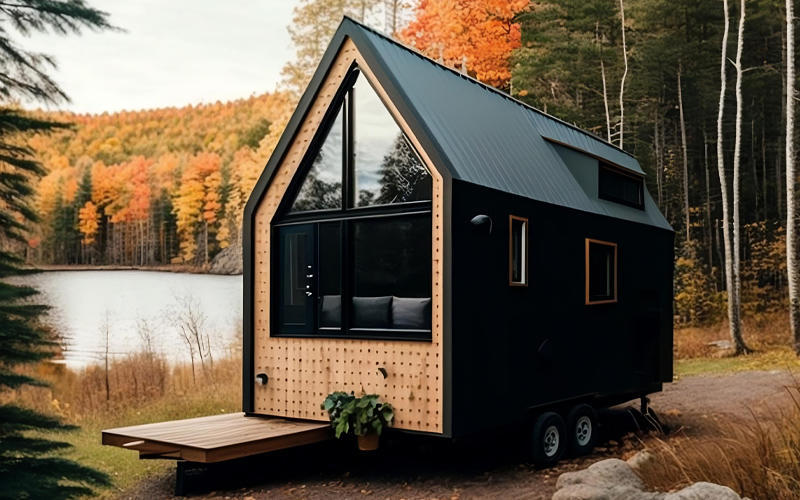Factory Built Structures
The Division of Housing’s Building Codes and Standards (BCS) Section protects Colorado citizens by regulating diverse and unique aspects of the state’s factory-built residential (FB) and factory-built nonresidential (FBNR) construction industry in partnership with local governments, the federal government, other state agencies, and the private sector.
The BCS registers or certifies manufacturers, sellers, installers, and independent installation inspectors. By law, it must review and approve design and construction plans of factory-built structures (both residential and nonresidential) prior to construction, and certify a factory-built structure once it has passed inspections. BCS also inspects and certifies the installation of manufactured homes and multifamily residential structures before occupancy; and in jurisdictions without building departments, BCS reviews and inspects the design of foundation systems for manufactured homes.
If you are not receiving our newsletter, be sure to sign up today!

Housing and Urban Development (HUD) Homes
HUD homes are federally regulated homes that are built to Title 24: Housing and Urban Development, Subtitle B construction standards. The construction of these homes are not regulated by Colorado statutes or rules but follow the specific requirements within Title 24. Although the construction standards are federally regulated, the Division of Housing does have the authority to enact regulations on the sale, installation and installation inspections of these units.

Mobile Homes
Mobile homes are manufactured buildings that were built prior to 1976. These structures were built prior to any construction standards being enforced and are typically associated with mobile home parks. They are usually temporarily installed and not placed on a permanent foundation. This does not mean they can’t be placed on a permanent foundation, but they require a few additional steps for compliance.

Modulars
Modular structures adhere to adopted codes and standards outlined in administrative rules, requiring approval from the Division of Housing before construction. Modular encompasses multi-family residential homes such as apartments and condos, built to commercial standards processed through the FBNR program, or residential codes processed through the FB program for townhouses.

Tiny Homes
Tiny homes are constructed to the adopted codes and standards amended in the administrative rules. These homes require plans to be submitted to the Division of Housing for approval prior to the construction of the units. Tiny homes are not considered tiny houses nor are they considered to be recreational vehicle (RV) Park models. Tiny homes are approved for long-term living just like modulars, HUD code homes, and mobile homes. The biggest differences between a tiny home and a tiny house is that they have a permanent chassis and can be placed on a permanent or temporary foundation system.
